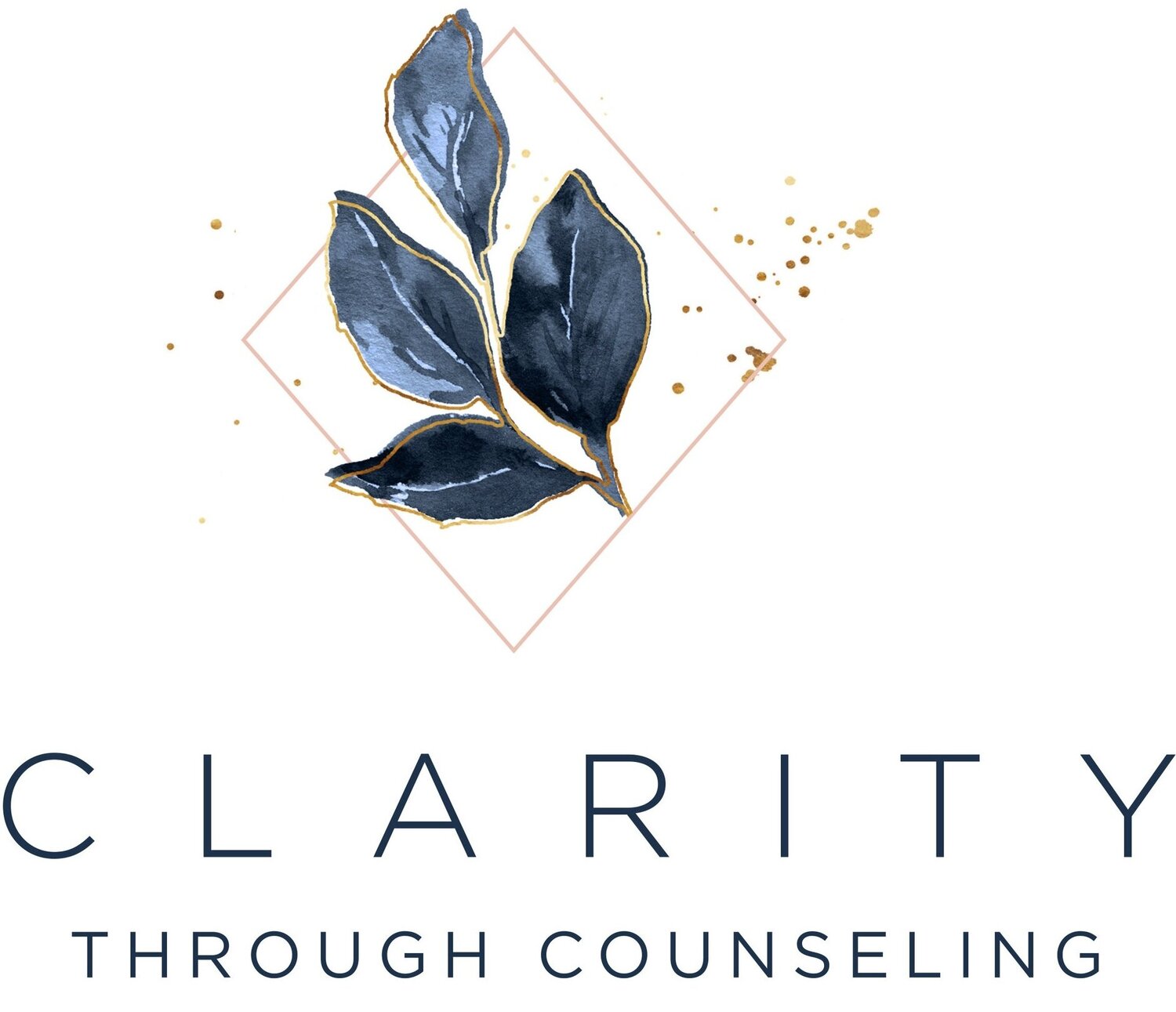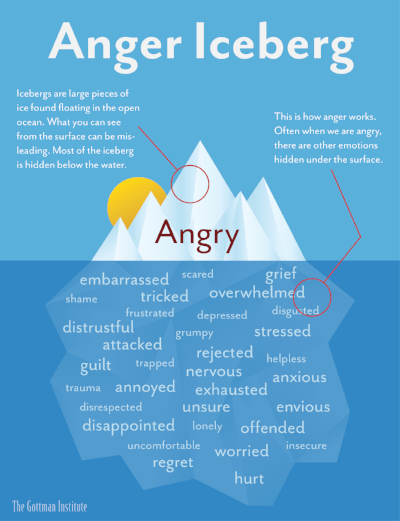How Unconscious Emotions Affect Daily Life
Freud’s concept of having conscious and unconscious emotions is innate in all of us and counseling can help identify these emotions. Consciousness is defined as thoughts, feelings, and memories that we are aware of in any given moment. Most memories are not always in the forefront of our consciousness, but they can be easily retrieved. Unconsciousness is defined as thoughts, feelings, memories, and urges that are not readily available to us, but they affect the way that we behave and sometimes perceive situations. A lot of the time, the thoughts and feelings in our unconscious are uncomfortable or unpleasant. We either suppress those feelings, or our mind represses them for us because they feel unbearable or damaging.
The easiest way to describe our conscious and unconscious is to picture an iceberg. The top of the iceberg, which is seen above the water, is only 1/3 of the total mass and this is what we are currently conscious of. The portion of the iceberg that is under water, which is much larger, are the things that are hiding and festering within us. Sometimes we react in ways that shock us. Maybe we snapped at our child, or pulled away from an intimate embrace but we are not sure why. This is our unconscious at work. When we have experienced events that make us anxious, scared, hurt, mistrustful etc. it can lead to us showing these feelings without even knowing why. Sometimes our unconscious can also manifest in dreams. When there are unresolved feelings (i.e. constantly feeling minimized or unheard from your partner, past abuse etc.) they need to be identified and processed in therapy so that they can have a smaller impact on your daily life. If you find yourself having bothersome behaviors, thoughts, or feelings contact Emily Griffin at Clarity Through Counseling today to set up an appointment.


